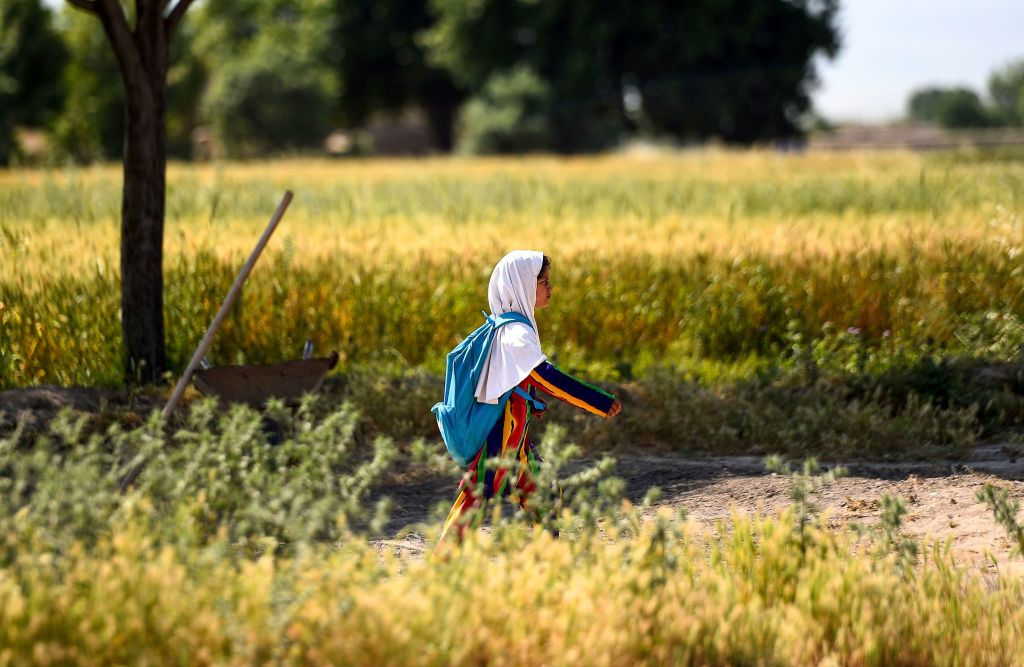
Schools in Afghanistan saw the number of attacks triple in a year, according to UNICEF, stoking further concern of deteriorating security and access to education in the country.
According to a report released Monday, there were 192 attacks on schools in 2018, up from 68 in 2017.
UNICEF Executive Director Henrietta Fore called the attacks senseless, adding that “education is under fire” in Afghanistan.
“The killing, injury and abduction of teachers, and the threats against education, are destroying the hopes and dreams of an entire generation of children,” Fore said.
The number of attacks was previously seeing a decline up till 2015. The 2018 parliamentary elections, which led to the closure of schools to be used as voter registration and polling centers, was one factor that caused the spike in violent incidents, the report said.
According to the report, close to half of all school-aged children in Afghanistan between the ages of 7 and 17, totaling an estimated 3.7 million, do not attend formal schools.
Girls account for about 60% of the children not attending school; Human Rights Watch cites discriminatory attitudes towards girls, child marriage and administrative barriers as among the reasons for the disparity. For five years under hardline Islamist Taliban rule, nearly all female education was prohibited in the country.
Afghanistan has one of the lowest literacy rates in the world at 31%, according to the World Bank.
More Must-Reads from TIME
- Inside Elon Musk’s War on Washington
- Introducing the 2025 Closers
- Colman Domingo Leads With Radical Love
- Why, Exactly, Is Alcohol So Bad for You?
- The Motivational Trick That Makes You Exercise Harder
- 11 New Books to Read in February
- How to Get Better at Doing Things Alone
- Column: Trump’s Trans Military Ban Betrays Our Troops
Write to Hillary Leung at hillary.leung@time.com